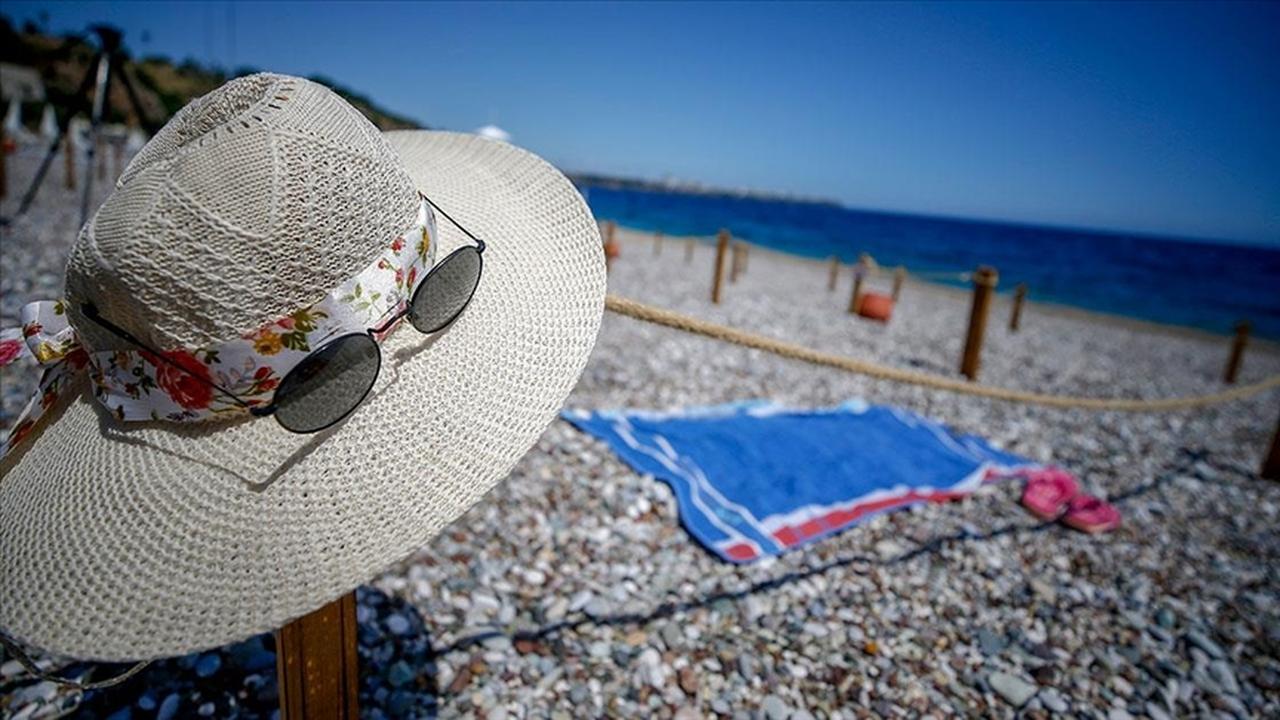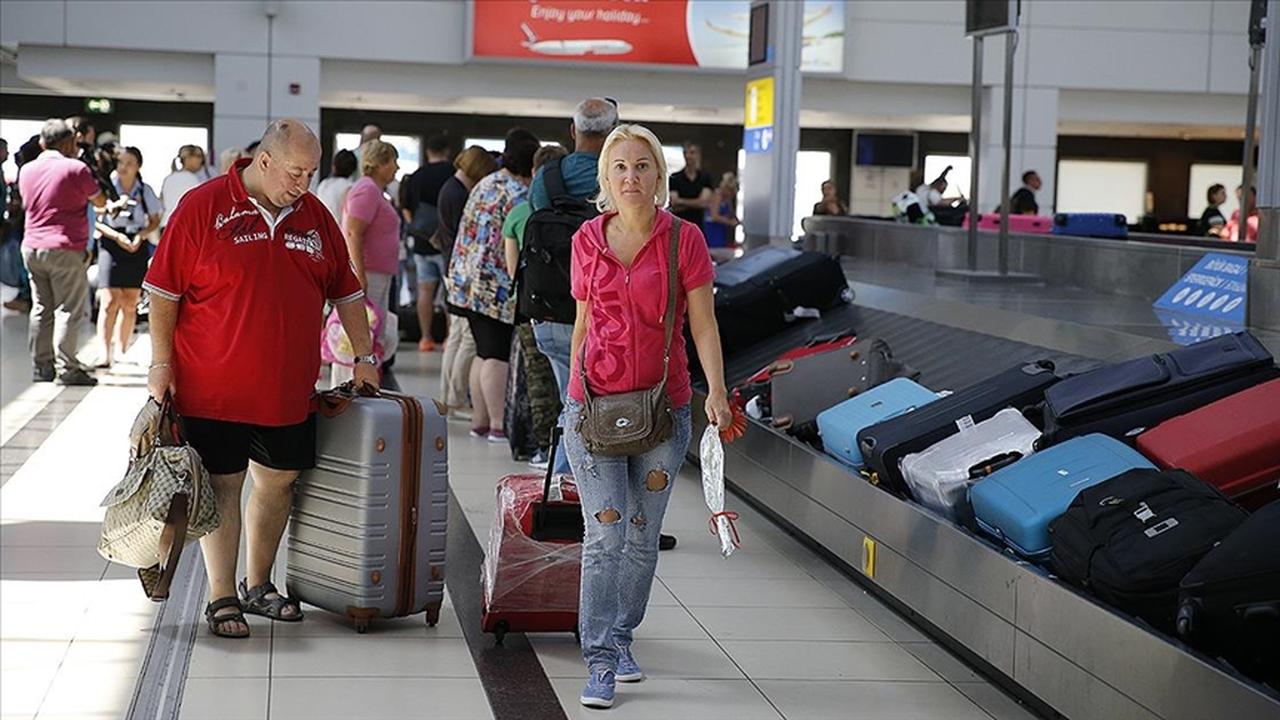
As Türkiye enters 2025 with record tourism targets, rising costs are casting doubt on its ability to meet them, threatening the country’s image as an affordable and attractive destination. Industry professionals warn that the shifting perception is now directly influencing travel decisions.
According to recent data from Türkiye’s Culture and Tourism Ministry, tourist arrivals fell sharply in March, dropping 11.6% year-over-year to 2.99 million.
Tourism leaders argue that currency volatility and increasing service costs have pushed Türkiye’s prices above those of regional competitors. Once considered more budget-friendly than Egypt or Tunisia, Türkiye is now on par with southern European destinations such as Spain, Italy, and Greece in terms of overall cost.

Speaking to the business-focused ekonomim.com, Muberra Eresin, chair of the Türkiye Hoteliers Association (TUROB), noted that the most pressing issue for 2025 is the growing “expensive country” image. She argued that this challenge could be mitigated only through further depreciation of the Turkish lira, which would boost purchasing power for foreign visitors.
Antalya Tourism Council member Recep Yavuz pointed out that in the first quarter of the year, Antalya experienced an unexpected slowdown. Visitor numbers from Germany—one of Türkiye’s most important markets—fell by 33%, with some tourists saying they felt “misled” by the cost of their holidays.
Tourists are also put off by high costs beyond hotels, as online travel reviews frequently cite elevated restaurant prices in cities like Istanbul, Antalya, and Bodrum. “Travelers don’t stay in their rooms. They dine out, they shop. The price of everyday experiences matters,” said Yavuz.

Professional Hotel Managers Association head Hakan Saatcioglu added that exchange rates have left Türkiye more expensive than ever. “We’re now less competitive compared to destinations like Tunisia or Egypt,” he said. “Tour operators are warning us.”
Türkiye Hoteliers Federation (TUROFED) vice chair Mehmet Isler warned that shedding the country’s old image as a budget destination is welcome, but must be accompanied by quality upgrades.
“If visitors feel they paid too much for too little, the perception of 'expensive and not worth it' will damage us long-term,” he said.
Adding to the pressure, a recent earthquake in Istanbul has rattled tourism confidence. Hotels report reservation losses of 10% to 30%, worsened by global media coverage referencing past disasters.
As Türkiye seeks to attract high-spending travelers, the industry is urging a rebalancing of prices and messaging before the perception problem becomes permanent. The government has set an ambitious target of welcoming 65 million international visitors and generating $64 billion in tourism revenue in 2025. To achieve this, the Tourism Ministry has emphasized a shift in strategy—from focusing solely on tourist numbers to prioritizing visitor quality and spending capacity.